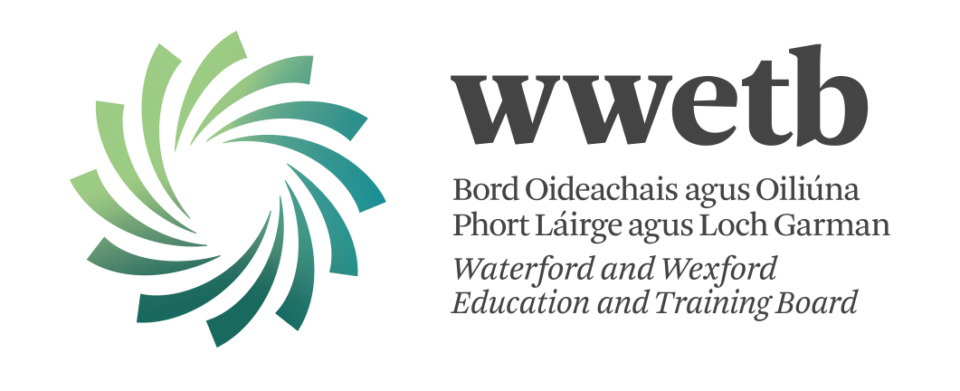Programme: Waterford
WHO Theme: Communication and Information
Cost: 10000+
Status: Completed
Description
Dungarvan Adult literacy service has engaged with over 21 different groups of older people in West Waterford through an innovative model of inclusion and social practices. The courses which were delivered in community groups, GAA centres, Community Halls, Libraries and Education centres empower older people to navigate and thrive in the digital age.
Through developing proficiency in using smartphones, tablets, laptops and other digital tools, older learners have enhanced their daily lives, communication, productivity and overall well-being. Older adults are expected to evolve with the every changing digital world and need to be supported to develop the skills, strategies and confidence to develop their knowledge and learning. The Digital literacy classes enhanced their ability to adapt to the rapidly evolving landscape. Using enlarged phone models and adapting equipment to suit each individual all learners have been enabled to engage more effectively in personal, professional, social and educational contexts. Digital literacy has a profound effect on a person’s ability to undertake everyday tasks, participate in society and overall well-being. Over half of older people between 65 and 74 have never used the internet. These courses have changed that statistic in West Waterford. Many engage in other courses having developed a new social group and have our digital connectivity book to refresh the course content at anytime at home.
Aim of Initiative
The aim is around inclusion, integration and upskilling our older people so that they are active participation in our digital world.
Who is it aimed at
The 47% of the adult population who report not having at least basic digital skills with priorities on those 60+ who are the most removed from our digital world.
3 Steps critical to success
- Engaging targeted groups – this was achieved through a direct approach with Senior citizen groups, daycare services, community leaders and community centres.
- Developing resources to ensure success: enlarged documentation, equipment that could be adapted ( screens, laptops)
Developing a model ( enlarged phone) to maintain attention
Writing and printing a book to support the learners and a resource that could be used at home at a later stage. - Develop a questionnaire to find out deficits in the programme
Talking to the learners encouraging future participation on other programmes and identifying locations for further development of additional courses and other groups who might like to engage
3 Challenges in Planning / Delivery
- Keeping the classes small
- Having a second tutor on hand for many of the classes to ensure all learners were active participants.
- A lot of 1:1 support was needed and repeating and refreshing previous work was vital to ensure future success.
3 Outcomes / Benefits
- 86% of research respondents rated the overall effectiveness as Excellent and the remaining rated the courses as very good
- 67% or respondents rated the increase in confidence in using various digital tools and technologies with 27% stating that there were very confident after completing the class.
- 93% of respondents rated themselves as very satisfied with the variety of topics covered in digital literacy classes and 93% were very likely to recommend the digital literacy class to a friend or colleague
Contact:
Email:

